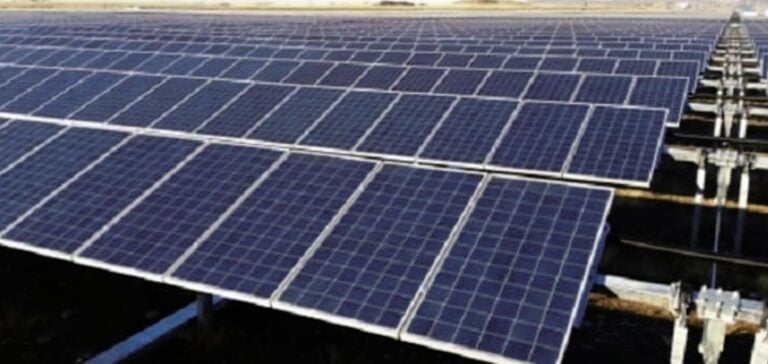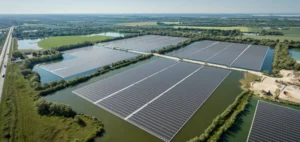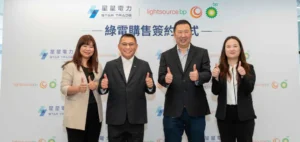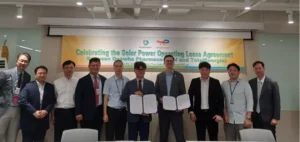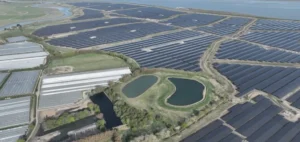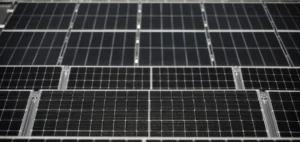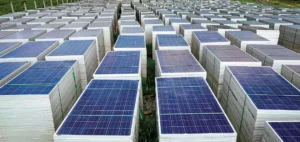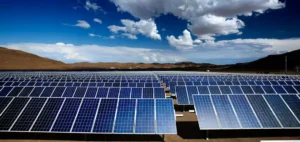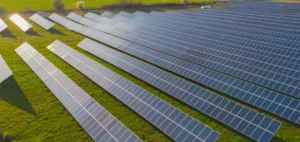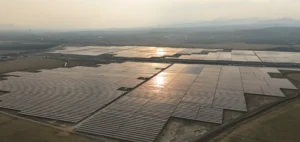Scatec, through its Release solution, is continuing its expansion in Cameroon by significantly increasing its solar and energy storage installations. The Release solution, which uses solar panels and mobile batteries, offers unprecedented flexibility thanks to simple, modular rental contracts. This strategy has proved successful, strengthening the collaboration between Scatec and ENEO, Cameroon’s national electricity company. The new facilities join the Maroua and Guider solar power plants, commissioned in September 2023 with an initial capacity of 35.8 MW of solar power and 19 MWh of storage. This expansion of 28.6 MW of solar and 19.2 MWh of batteries will bring the total capacity to 64.4 MW of solar and 38.2 MWh of storage. These projects are financially supported by the capital injection made last year with Climate Fund Managers, which holds a 32% stake in Release.
Impact on energy production
Hans Olav Kvalvaag, CEO of Release, emphasized that this extension demonstrates the success of the initial projects and the benefits of their innovative offering. The increase in installed capacity in Cameroon confirms Scatec’s commitment to this key market, offering reliable and efficient energy solutions. The impact of this expansion is significant. According to ENEO, these projects will supply power to around 200,000 homes, generating an annual output of around 141.5 GWh of electricity. Combined with storage capacity, these installations will guarantee a stable power supply, even during peak hours.
Market outlook and strategy
Amine Homman Ludiye, CEO of ENEO Cameroon, expressed his renewed confidence in Scatec to double the capacity of the Guider and Maroua solar power plants. This expansion will enable ENEO to further secure energy production in the northern regions and improve service quality for households and industry. These efforts are part of ENEO’s strategy to provide more reliable energy in line with the Cameroonian government’s objectives. For his part, H.E. Gaston Eloundou Essomba, Cameroon’s Minister of Water and Energy, underlined the benefits of this partnership, notably the reduction in power outages and dependence on diesel, thus generating substantial savings for the government. The projects developed in partnership with Izuba Energy and Sphinx Energy illustrate a collaborative success and a significant step forward for Cameroon’s energy sector.
Scatec’s expansion of solar and storage projects in Cameroon represents a strategic step towards improving the country’s energy infrastructure. This initiative strengthens Scatec’s and ENEO’s position as major players in the African energy sector, and paves the way for further investments and partnerships.

